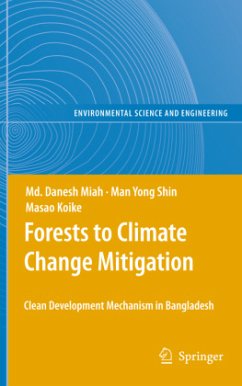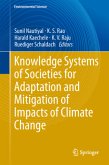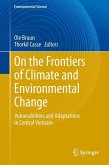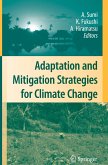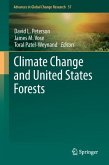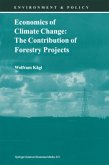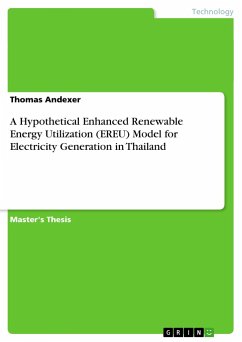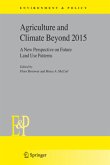The effect of global climate change is clear to all now-a-days. This effect is clearly dangerous to the developing countries like Bangladesh. The industrial revolution made the major changes in the technology, socio-economy and cultures in the late 18th and early 19th century that began in Britain and spread throughout the world. The technology dominated economy was mostly dependent on the energy produced from the fossil fuel which is keeping pace at this time also. It has been confirmed that fossil fuel burning has increased the GHGs to the atmosphere creating the global warming. Among the GHGs, the concentration of CO2 has been confirmed as the largest. Terrestrial ecosystems are clearly influencing the concentration of GHGs to the atmosphere as it works both sinks and sources. Greenhouse gases are constantly entering and leaving the atmosphere. Actively growing trees and other plants uptake CO2 from the atmosphere, combines it with water through photosynthesis and create sugars and more stable carbohydrates. Through this process, trees capture and store atmospheric CO2 in vegetation, soils and biomass products. The Kyoto Protocol, in 1997, explored a flexile mechanism, CDM (Clean Development Mechanism) where Annex I and non-Annex I parties interact for climate change mitigation. Forestry activities have been considered important in the arena of climate change as it works both as sink and sources of carbon. The general purpose of this book is to find out the means and ways to contribute efficiently to reducing global warming through the forestry options in Bangladesh with the implications of CDM. The exploration by this book can be useful to understand this issues in other tropical/sub-tropical developing countries also.
Bitte wählen Sie Ihr Anliegen aus.
Rechnungen
Retourenschein anfordern
Bestellstatus
Storno

